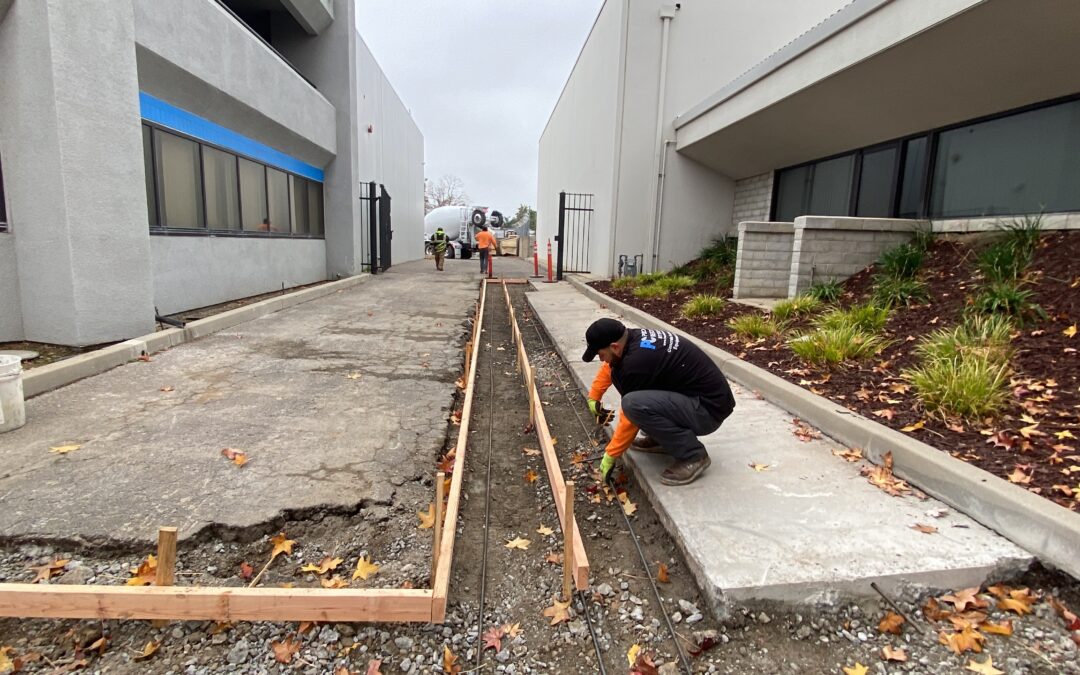Commercial real estate investment holds immense potential for generating substantial returns over time. Beyond rental income and property appreciation, savvy investors employ various strategies to optimize their returns. One such strategy that often goes underappreciated is leveraging commercial real estate depreciation for tax benefits. In this comprehensive guide, we’ll explore how strategic depreciation can bolster your investment returns and enhance overall profitability.
Understanding Commercial Real Estate Depreciation
Depreciation, in the context of commercial real estate, refers to the gradual decrease in the value of a property over its useful life. Unlike many expenses, depreciation is a non-cash deduction that allows property owners to account for the wear and tear their property experiences over time. This depreciation expense can be utilized to offset taxable income, thereby reducing tax liabilities and enhancing cash flow.

Factors Influencing Depreciation
Several factors influence the calculation of commercial real estate depreciation. These include:
- Property Cost: Depreciation is calculated based on the initial cost of the property, excluding the value of the land. This cost includes not only the purchase price but also any expenses incurred for improvements, renovations, or additions.
- Useful Life: The IRS sets the useful life of commercial properties at 39 years for depreciation purposes. This duration represents the period over which the property is expected to generate income before reaching the end of its depreciable life.
- Salvage Value: Depreciation calculations also consider the property’s estimated salvage value at the end of its useful life. This represents the residual value of the property, which may be minimal after decades of use.
- Depreciation Methods: Property owners can choose between different depreciation methods, such as the straight-line method or accelerated depreciation methods like MACRS (Modified Accelerated Cost Recovery System), each with its own implications for tax deductions.
Benefits of Strategic Depreciation
Strategic utilization of commercial real estate depreciation offers numerous benefits for investors:
- Tax Savings: By reducing taxable income, depreciation allows investors to lower their tax bills significantly. This tax savings can free up capital for further investment or reinvestment into the property.
- Enhanced Cash Flow: Lowering tax liabilities through depreciation can result in improved cash flow, as more funds remain available for property maintenance, debt service, or distribution to investors.
- Deferred Taxes: Depreciation can also be used to offset gains realized from the sale of the property. By deferring taxes on capital gains, investors can retain more capital for reinvestment or diversification into other investment opportunities.
- Asset Protection: Leveraging depreciation can enhance the overall return on investment (ROI) by providing additional protection against market fluctuations or economic downturns.
- Strategic Planning: Incorporating depreciation into your investment strategy enables you to make informed decisions about property acquisitions, renovations, and dispositions. By understanding the tax implications of depreciation, investors can optimize their investment portfolios for maximum profitability.
Strategies for Maximizing Depreciation Benefits
To maximize the benefits of commercial real estate depreciation, investors can employ the following strategies:
- Cost Segregation Studies: Engage qualified professionals to perform cost segregation studies, which identify and reclassify assets within a property to accelerate depreciation deductions. This can result in significant upfront tax savings and enhanced cash flow.
- Timely Renovations and Improvements: Implementing renovations or improvements to the property can increase its depreciable basis, thereby maximizing depreciation deductions. Strategic timing of these activities can further optimize tax benefits.
- 1031 Exchanges: Utilize 1031 exchanges to defer taxes on capital gains from the sale of a property by reinvesting proceeds into a like-kind replacement property. This allows investors to preserve capital for future investments while maintaining continuous depreciation benefits.
- Professional Guidance: Consult with experienced tax advisors, accountants, and legal professionals specializing in commercial real estate taxation. Their expertise can help you navigate complex tax regulations, identify opportunities for tax optimization, and ensure compliance with applicable laws.
- Portfolio Diversification: Diversify your commercial real estate portfolio to spread risk across different asset classes, markets, and property types. This not only mitigates risk but also provides additional opportunities for depreciation benefits and overall portfolio growth.
Conclusion
Strategic utilization of commercial real estate depreciation is a powerful tool for maximizing investment returns and enhancing profitability. By understanding the factors influencing depreciation, leveraging tax-saving strategies, and seeking professional guidance, investors can unlock significant value from their commercial real estate holdings. Whether through tax savings, enhanced cash flow, or deferred taxes, strategic depreciation plays a vital role in optimizing investment performance and achieving long-term financial success in the dynamic world of commercial real estate.
Invest wisely, leverage depreciation strategically, and watch your commercial real estate investment returns soar.

